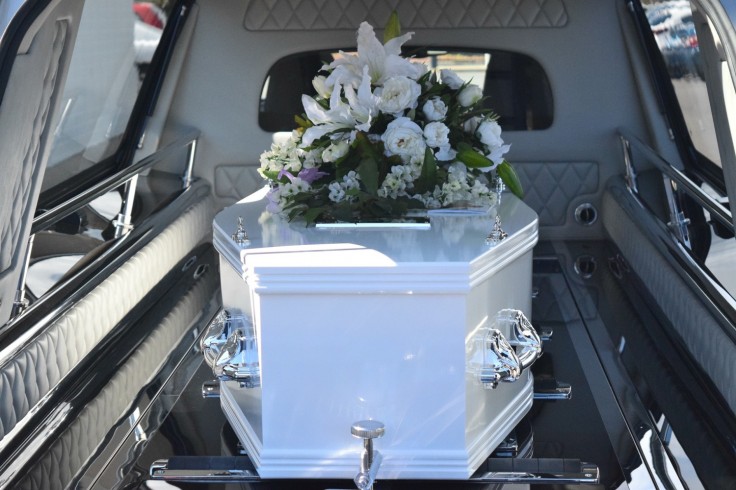
The way children react to death is very much different from adults. They may go from crying to playing, which would still appear normal, considering they are still young. Playing is one of their ways to cope with overwhelming emotions. Adults need to ensure that children can express their feelings, per Child Mind.
The outlet suggests also letting them know what you are feeling so they would realize that almost everyone is experiencing what they are facing. Reading books and looking at pictures of the person who died can help children express their feelings. Children need to know that sadness is normal and their emotions are valid.
It is normal for children to worry about their parents, especially if the one who died is their grandparent. It would be helpful to tell them that you will probably live for a very long time. However, after the death of one parent, kids will surely be worried and become too clingy with the other parent. They must be reassured that the other parent would still care for them.
Child Mind suggests seeing a therapist if the child's coping with grief is not usual, which may include being upset.
Helping a child cope with sadness and grief
Children show grief in different ways when a loved one dies. How they usually cope depends on their age, closeness to the person who died, and the support they obtained. When helping a child deal with grief, it's essential, to be honest, and use words that they would easily understand regarding the death of a loved one. Use direct and clear words and give a child time to think of the sudden bad news.
The only important thing a parent can do is to comfort them no matter their reactions. Some kids cry and ask questions, while others seem not to react, which is perfectly normal. Stay with the child, offer them hugs and comfort, and answer all of the child's questions as they are also wondering. Parents and adults need to show kids sadness to allow them to feel sorrow; that way, children won't be afraid to cry, especially during those occurrences.
Due to the incident, inform your child that there would be considerable changes in a certain family to help them feel prepared. For example, another relative from the family will pick up the child from school like the person who died used to. Although there will be a lot of changes, it's better to tell kids about those adjustments and changes, Kids Health says.
Mourning as a bridge for kids and adults to come to terms with losing a loved one
Let the children do what they want after the death of a loved one as they are one of the people who takes the longest the move on. Hold a commemoration to show how important that person was to all of you and show the child the connection of the loved one who passed away to almost everyone in the family. Children may want to paint a picture or write something about that person; just allow them as those are their own ways to cope with sadness.
Mourning is the primary way for children and adults to deal with losing a loved one. Mourning allows children to fully accept the death of the loved one and to finally say their farewell to them, per UNICEF.
Related Article : Do Children Need a Best Friend? What Does Friendship Mean to Kids?